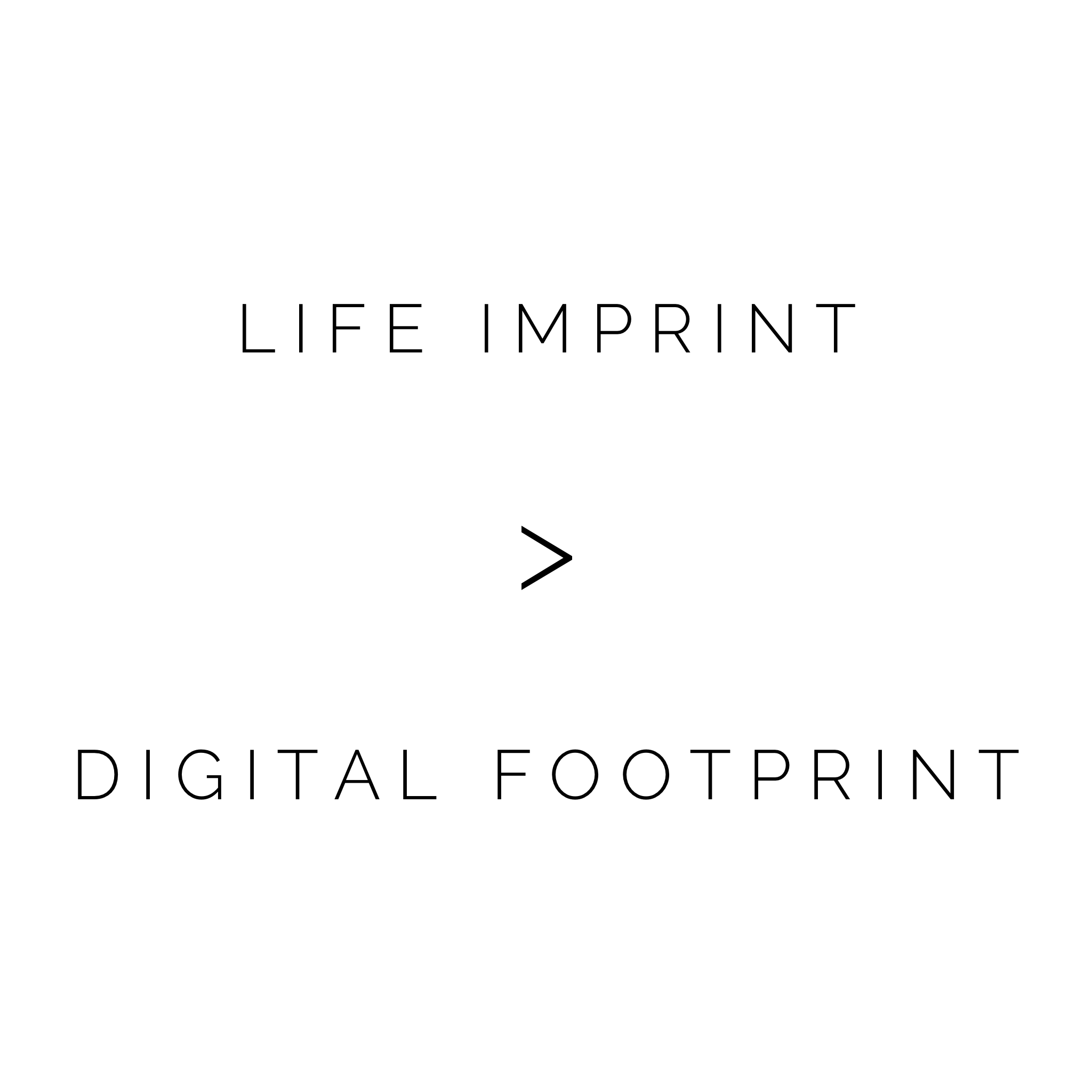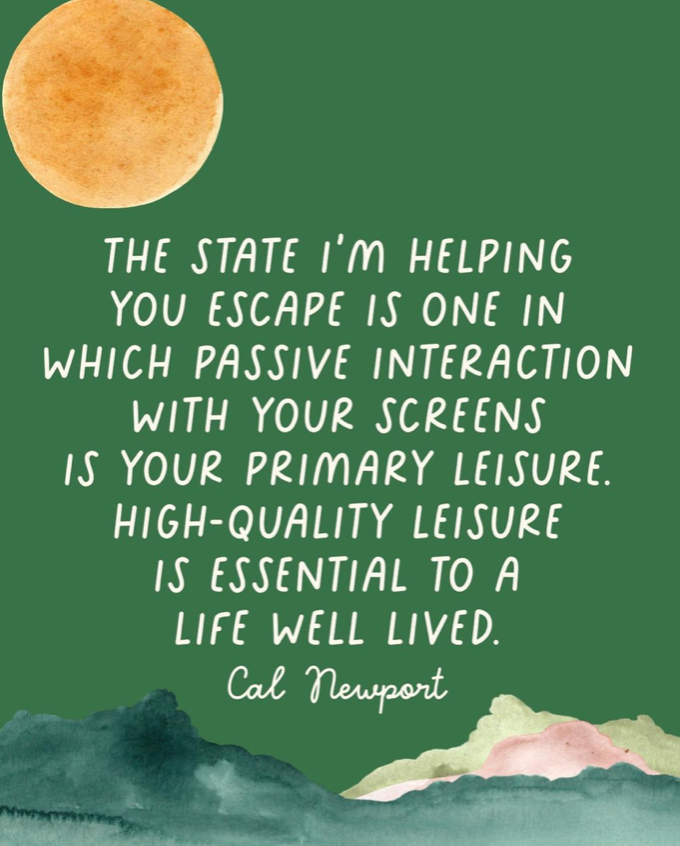Privacy, the new privilege.
You can hear a pin drop when I start talking about our digital footprint in my #TechResponsibly training. It’s always a part of the talk that catches everyone's attention. Awareness is important. Because the truth is
Nothing is private
Many of us believe it is. We think this tiny screen we spend much of our day with belongs to us and only us, and doesn't impact anyone else. What we text that person, what “disappearing Snap’ we send, what images we scroll a little slower over (or even click on), what articles we read, what ads catch our attention, what websites we visit, what apps and games we spend our time on, what we buy and who we pay online, what profiles we stalk, what we say audibly in the presence of our devices - it is all being tracked and collected. Data privacy is no longer a privilege, it’s a myth. Data harvesting is our reality. We officially live in a world where being “off the grid” takes a lot of work, and
this is where our true privilege is found.
There are two steps to understanding the digital footprint and they are:
1. Nothing you do on your screen is private
2. It lasts forever
I do this example in my training of someone walking down the beach. As a person is walking on the beach, their footprint gets washed away by the waves. Unfortunately, our digital footprints are not like that. They are like stepping in cement. When you lift your foot, it dries, seals, and is there forever. All the way back to those sonogram pictures your mom posted of you.
If our digital footprint is public and forever, what does it reveal about our psychological profile?
“Psychological profiling: the practice of trying to discover the likely character, behavior, and interests of a violent criminal based on evidence collected from the place where a crime was committed: The development of psychological profiling began in the Federal Bureau of Investigation (FBI ) Behavioral Science Unit during the 1960s in an attempt to understand violent criminal behavior.”
Cyber security experts now say the internet algorithms, software companies, and whoever else is collecting and selling our data will know us better than we know ourselves. So what does this mean especially for those of us who don’t know ourselves?
Siri, who am I? Will my phone tell me?
Art has always told our stories better than words. Think of the 2013 film, Her, where Joaquin Phoenix plays a man who falls in love with the AI technology that knows him so well. Or the prophetic 2008 WALL-E animated Disney movie where humans are distracted by all their favorite things on screens while the earth and their bodies waste away. Or the circa 2014 art as people were already starting to feel enslaved by their phones.
I sympathize with kids and teens today, due to this reality they live with. I also believe their generation will unlock the answers for the future of life in this digital age.
Here are some trailblazing youth who have created organizations that are leading us in this issue: Rethink App, The Kind Campaign, and Stand for Courage. I attended a teen screentime summit in Boston last weekend where I got the opportunity to meet some of these creative souls, along with my own workgroups who are on the front lines of leading online safety legislation.
Let's pay attention to those in coming generations who deeply desire to make an impact in this "one true life". Yes, their digital footprint matters. It's a big part of their life and they are doing impactful things in that virtual realm, but it isn't a substitute for their LIFE imprint. The real tangible, physical, human nervous system, skin and bones and bodies that no virtual screen could replace. Sure, these tools are incredible and have limitless potential when it comes to our work/play/virtual connection.
But the data cannot be ignored.
We must invest in our physical world - relationships, homes, families, co-workers, mealtimes, conferences, vacations, backyard gardens, school sports, restaurants, teams, museums, and talk about potential...it goes on forever. This is our investment.
This is where life impact meets our highest
mental, physical, emotional, & relational health.
Alright, I mentioned data. A recent study confirmed what we have witnessed over the past decade with teens. Those who had a rich, physical social life showed low-to-minimal anxiety and depression related to their social media use, vs. teens who spent most of their social life "connecting" on social media and little-to-none in-person friendships had a higher anxiety and depression rate. Social media should not be a substitute for your relationships, but it can be an addition to them. Why?
Because real-life matters
Very recently our community suddenly and tragically lost an incredible human being. He was a husband, father, artist, creator, small business owner, and longtime dear friend. When I look at his life it was far-reaching in amazing ways on and off of social media, but do you know where I saw his life imprint the most? It reached deep down into the hearts, the tear-stained eyes, and the desperate, beloved acts of those he loved and those who loved him.
When our life impact isn't a swipe, but a blow.
That's when we know we lived.
- Dawn





